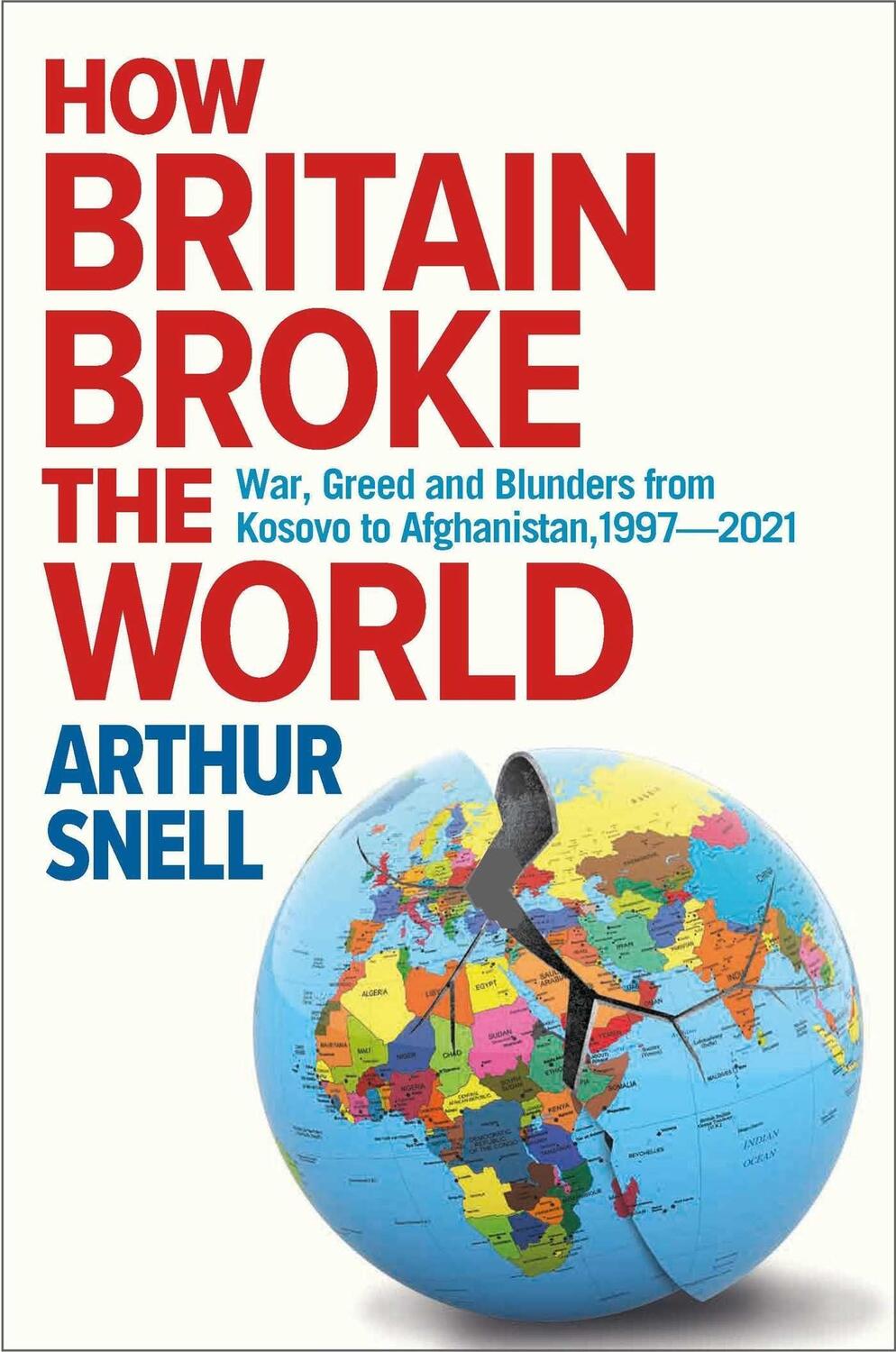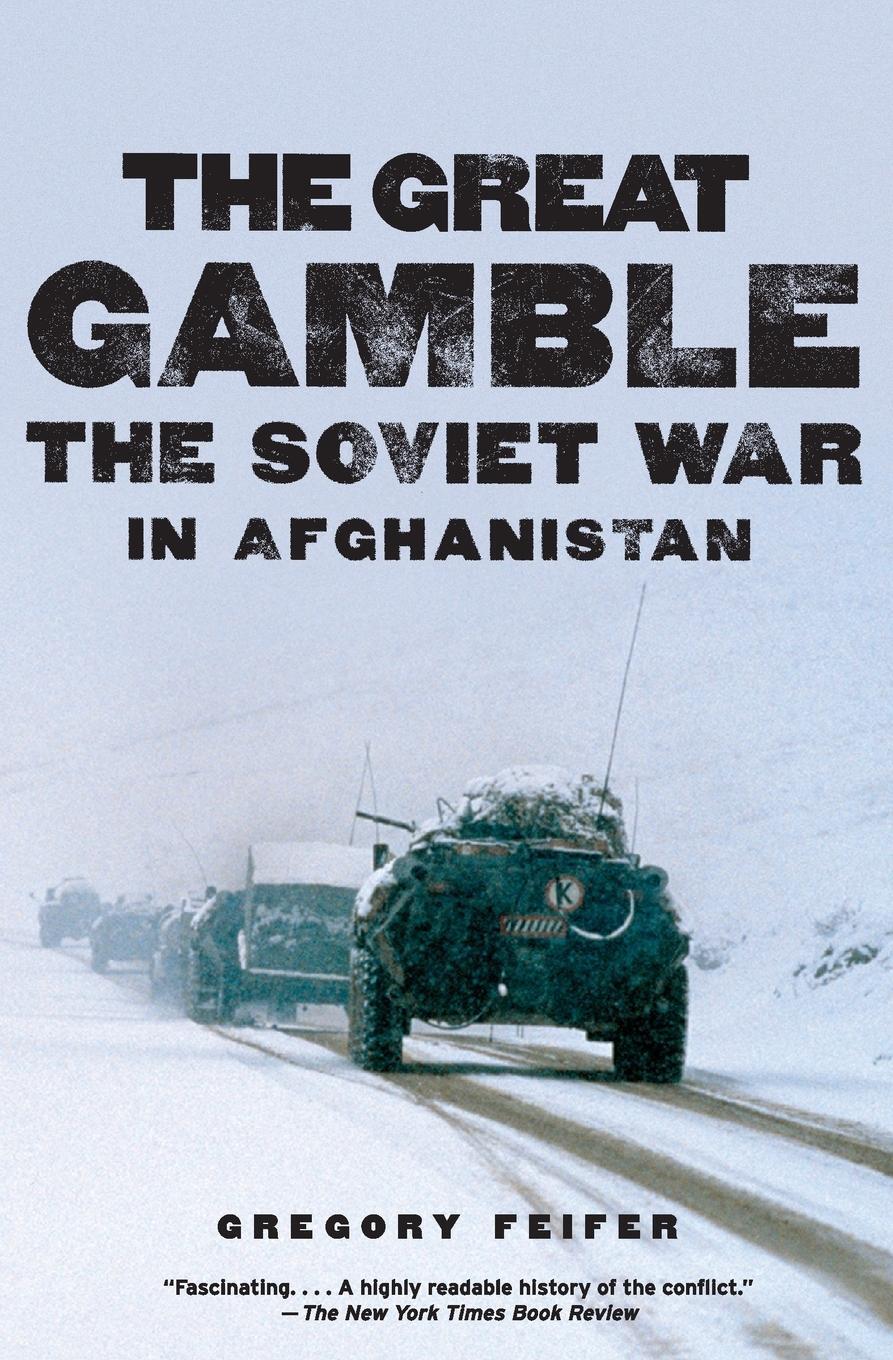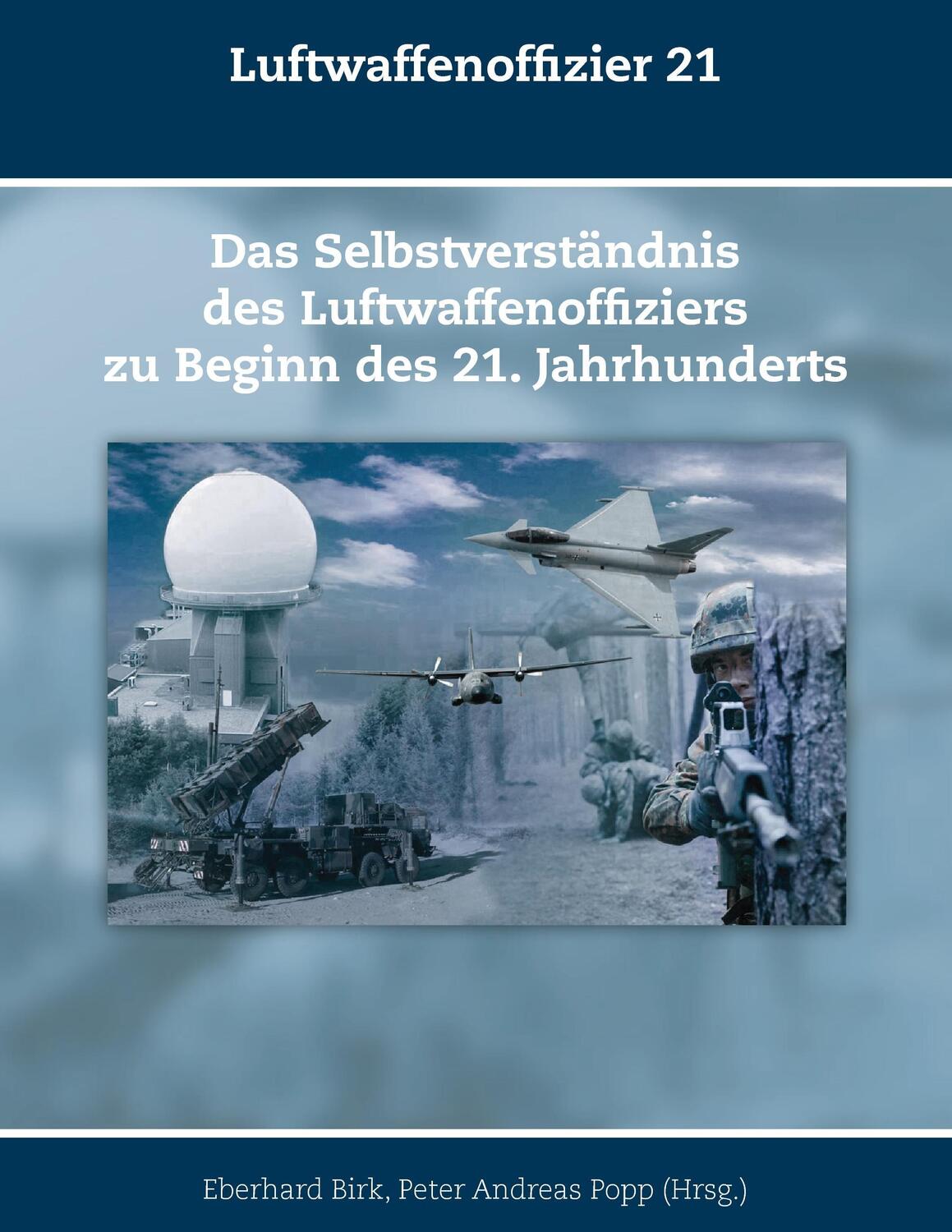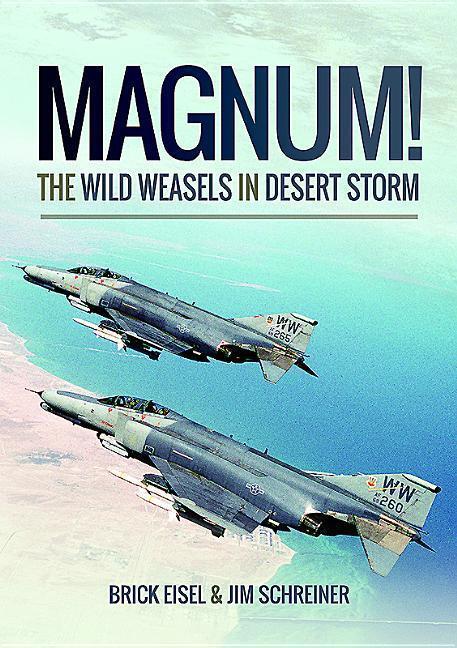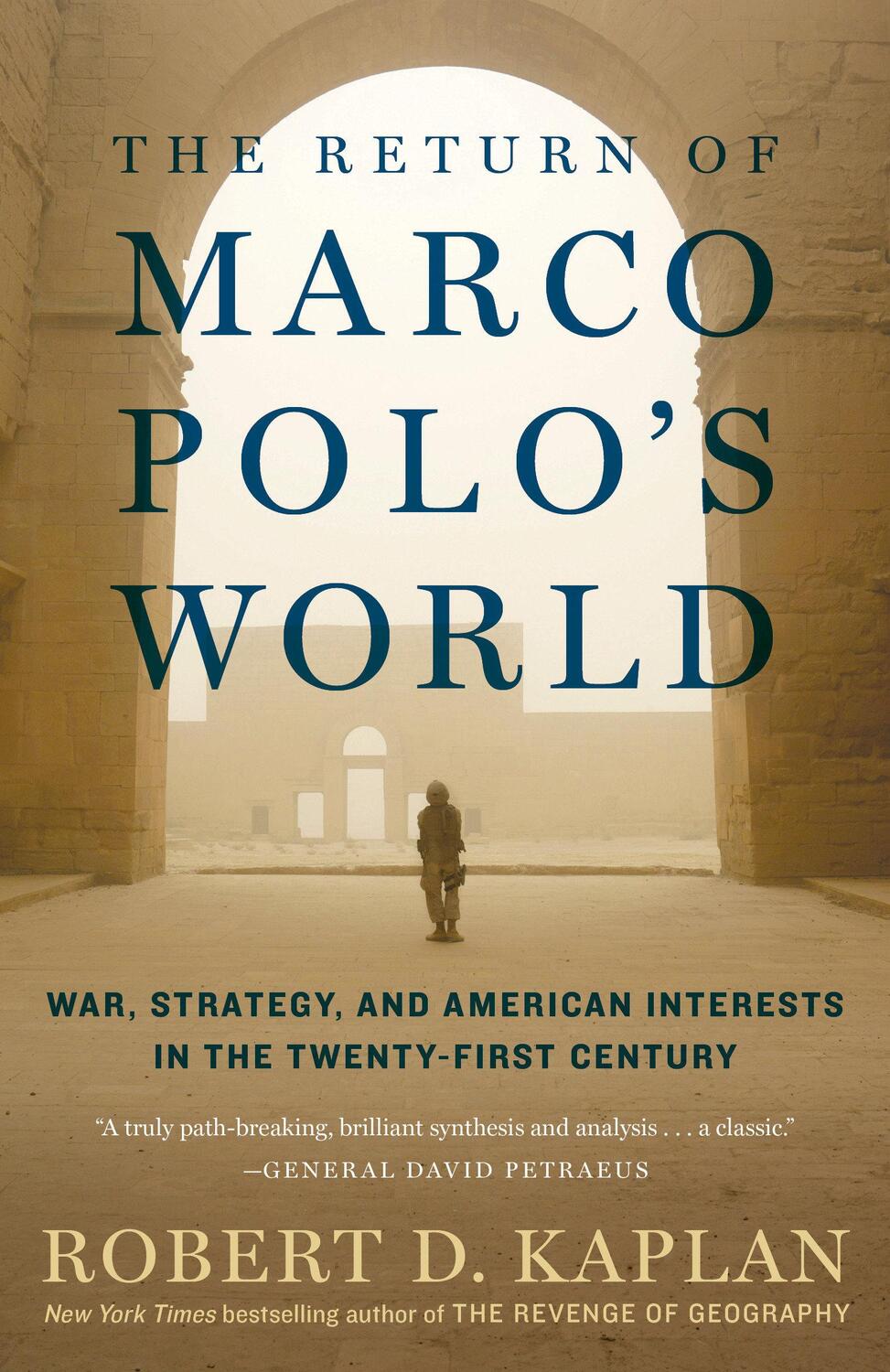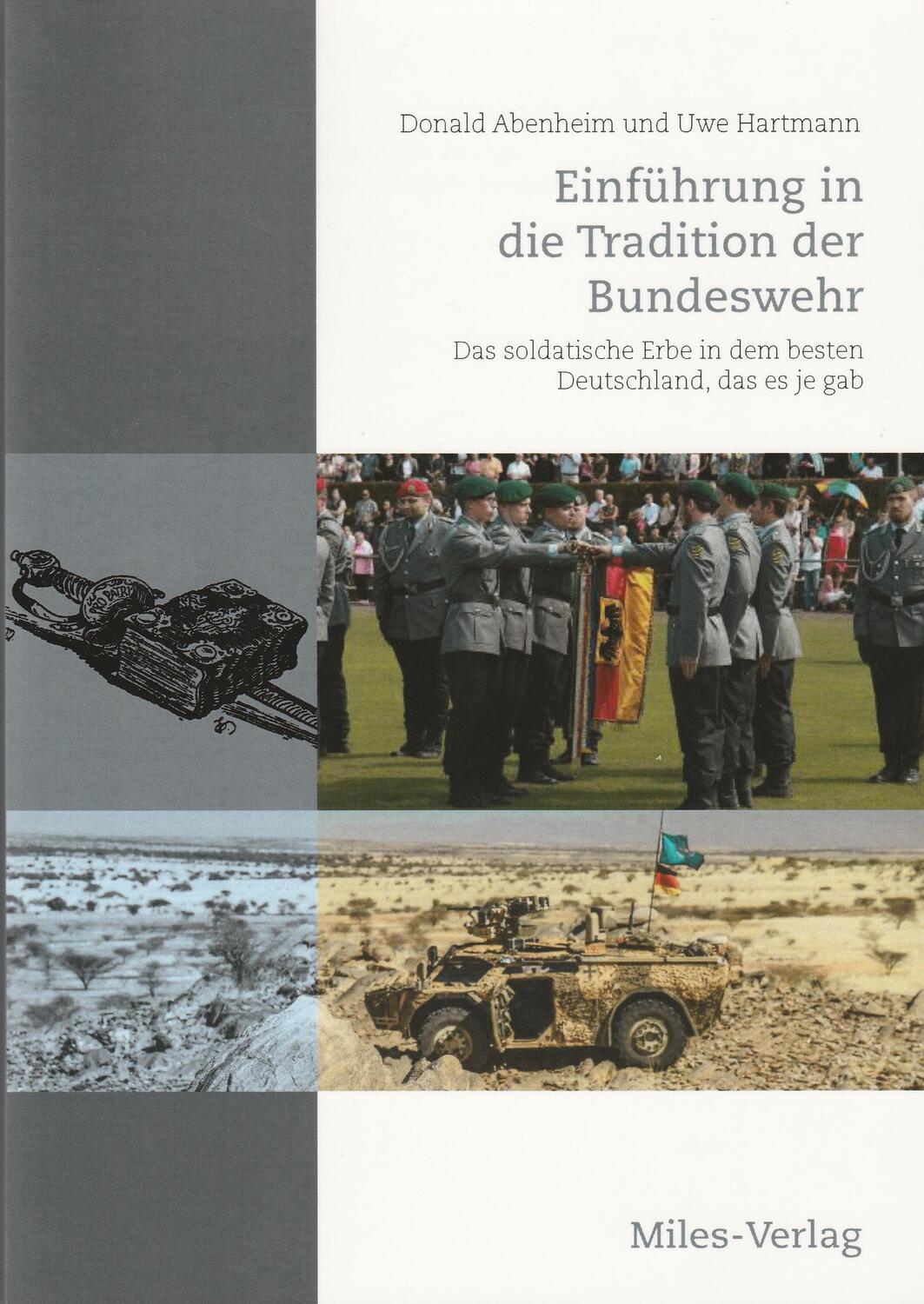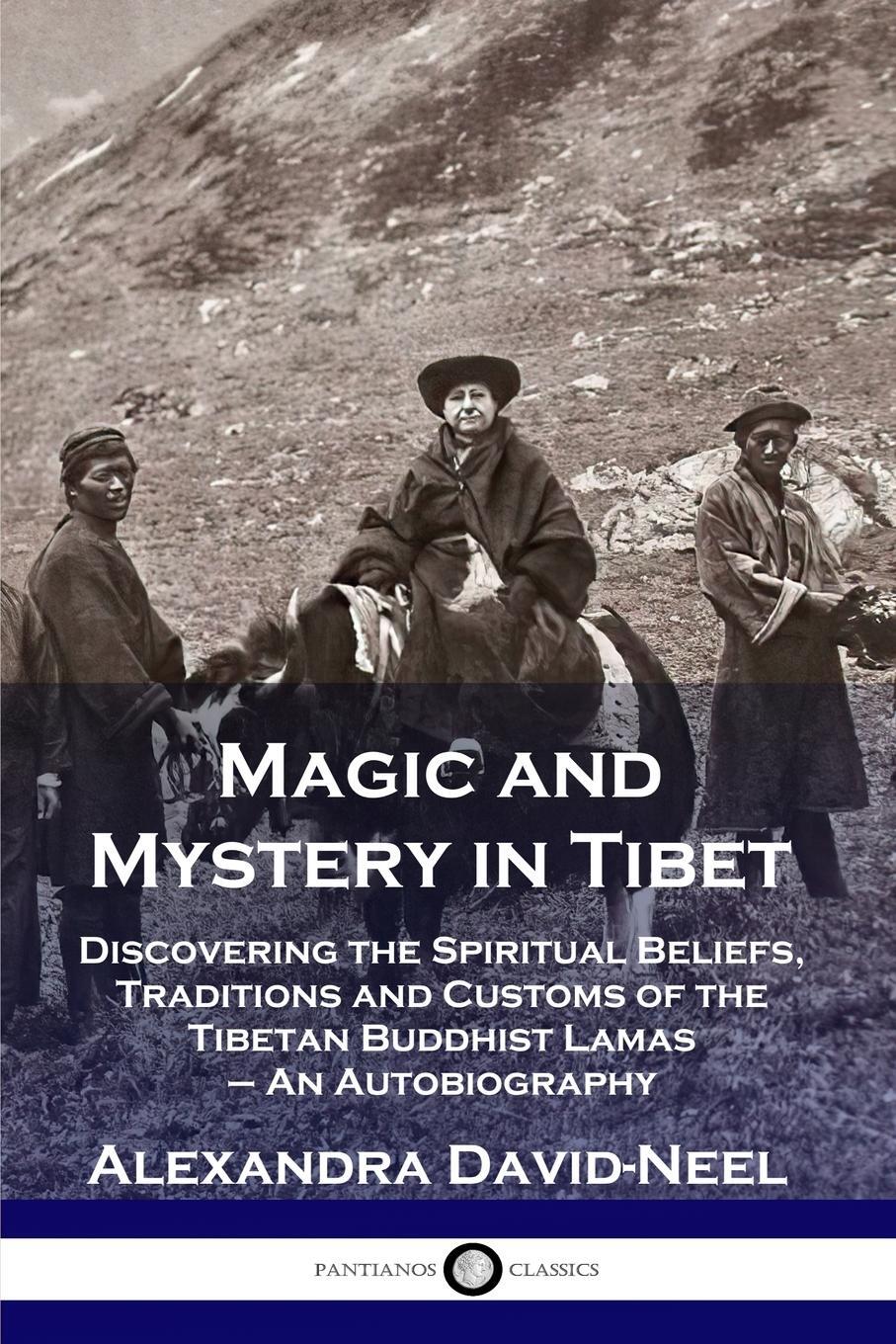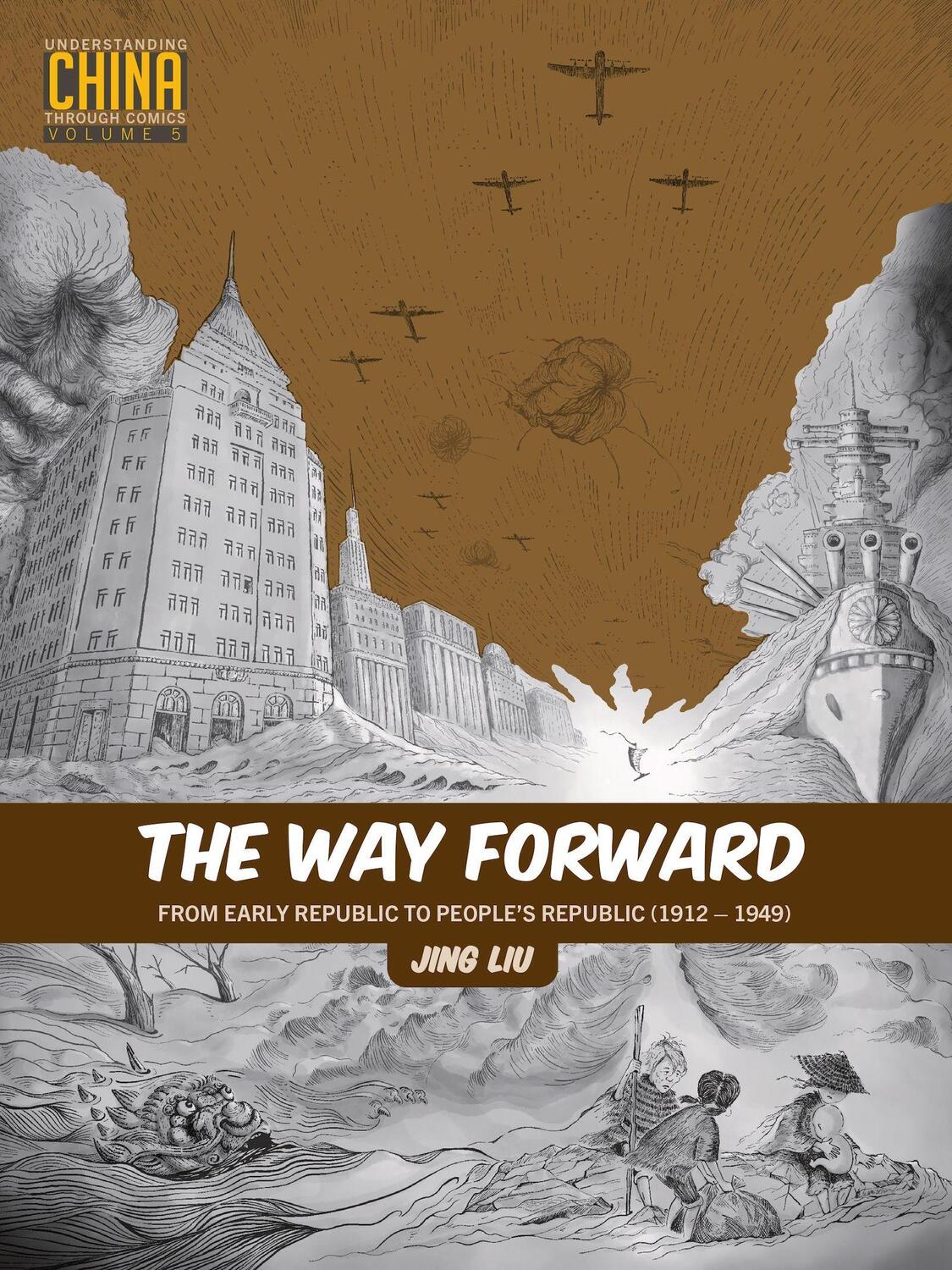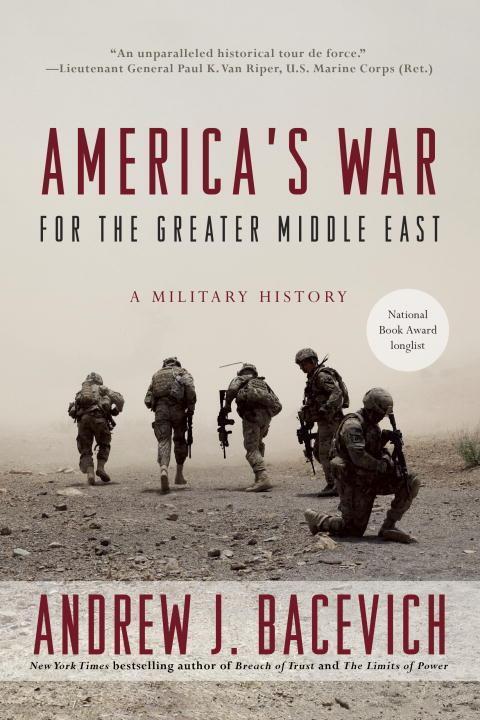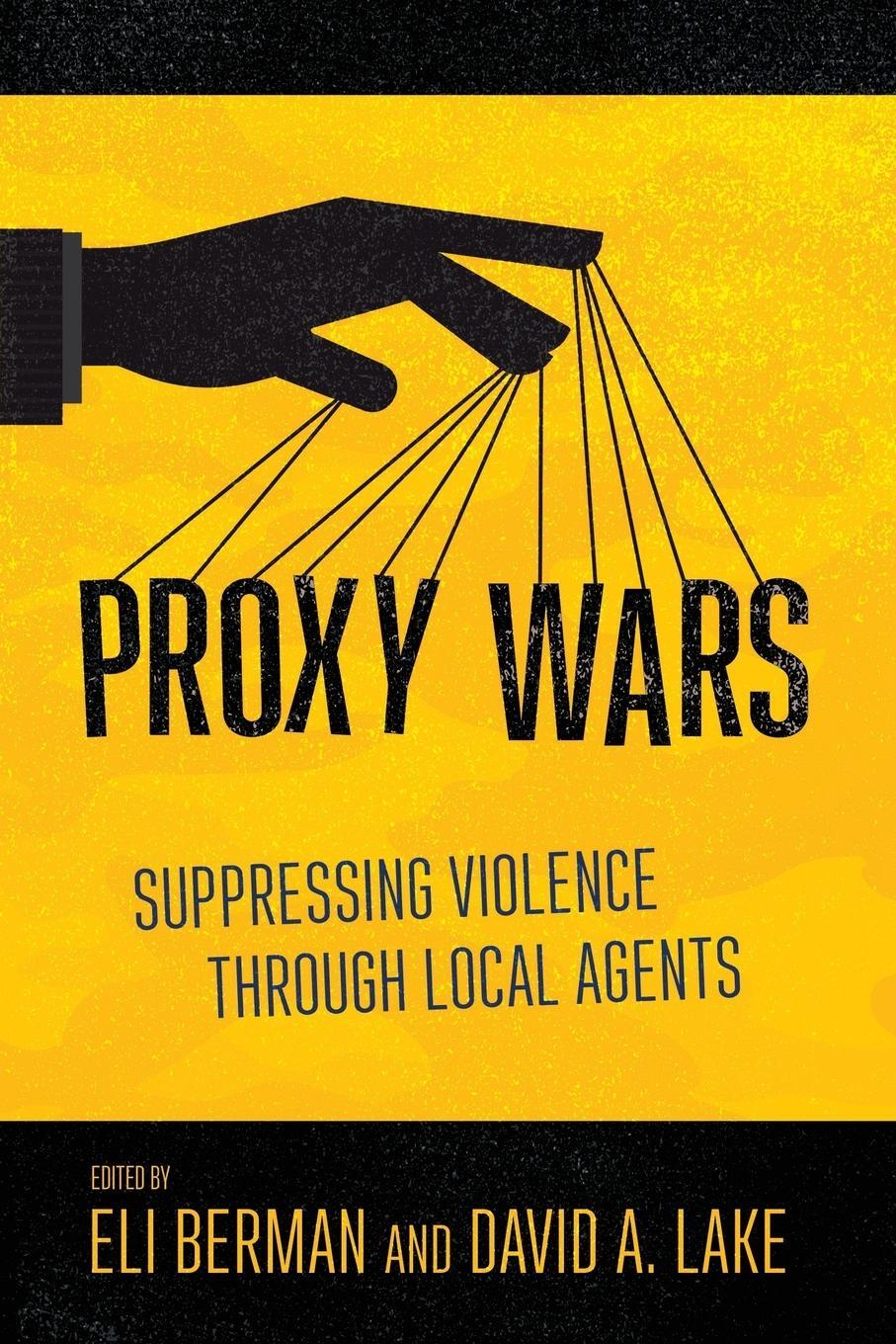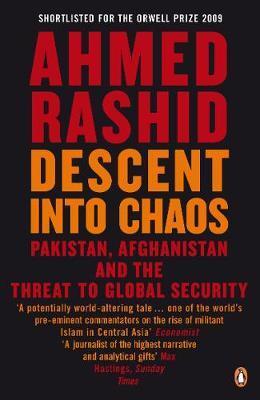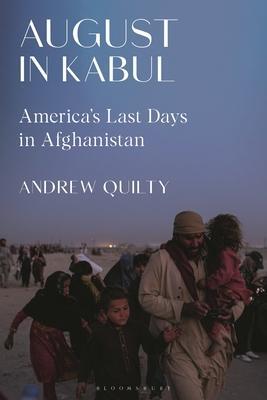Dekorationsartikel gehören nicht zum Leistungsumfang.
Sprache:
Englisch
16,00 €*
Versandkostenfrei per Post / DHL
Aktuell nicht verfügbar
Kategorien:
Beschreibung
'Engrossing and deeply troubling' (The Bookseller). A former top diplomat reveals Britain's role in raising tension worldwide, from Kosovo to Iraq to Afghanistan and castigates its foreign policy towards Russia, Saudi Arabia, USA, India and China.
'Engrossing and deeply troubling' (The Bookseller). A former top diplomat reveals Britain's role in raising tension worldwide, from Kosovo to Iraq to Afghanistan and castigates its foreign policy towards Russia, Saudi Arabia, USA, India and China.
Über den Autor
After graduating from Oxford with a first class degree in history, Arthur Snell joined the Foreign and Commonwealth Office. A fluent Arabic speaker, he served in Afghanistan, Zimbabwe, Nigeria, Yemen, and Iraq.
He headed the international strand of the UK Government’s Prevent counterterrorism programme. He is currently a geopolitical consultant and host of the hit podcast Doomsday Watch.
He headed the international strand of the UK Government’s Prevent counterterrorism programme. He is currently a geopolitical consultant and host of the hit podcast Doomsday Watch.
Inhaltsverzeichnis
INTRODUCTION. Former diplomat Arthur Snell starts with a car boom in Baghdad in 2005, amid the failure of the Allied operation after the Iraq War - which was a blow to the International rules-based order and shredded the credibility of Western governments, benefitting autocratic China and Russia
1. AN 'ETHICAL' FOREIGN POLICY. In 1997 the Labour Foreign Secretary Robin Cook set out the 'ethical' approach of Tony Blair's government to foreign policy. It spawned a doctrine of liberal intervention in foreign countries, starting with Kosovo, but extending to Iraq, Libya and Afghanistan
2. KOSOVO: WAR IN KOSOVO. Tony Blair's Labour government put together a global coalition to bomb Serbia to protect Kosovar Albanians, but, despite headlines to the contrary, the operation was not a success. Slobodan Milošević's forces increased their repression before NATO ground troops invaded
3. IRAQ, MI6 AND A BOTCHED INVASION. The Allied invasion of Iraq in 2003 was built on bogus intelligence that Saddam Hussein had weapons of mass destruction, largely supplied by Britain's Secret Intelligence Service, MI6. Mismanagement of Iraq post-Invasion fomented strife between Sunni and Shia
4. AFGHANISTAN: 'GOVERNMENT IN A BOX'. Britain failed to learn from the failures of its previous embarrassments in Afghanistan when it joined US forces in invading the country after the 9/11 attacks. The UK and US wrongly believed they could impose top-down rule on a massive, complex tribal country
5. LIBYA: CREATING A POWER VACUUM. Britain's role in unseating Libyan dictator Muammar Qadhafi in 2011 shows that Britain had not learnt the lessons from earlier failed liberal interventions. Its basis was false: no massacres were imminent. Post-invasion Libya has collapsed into chaos
6. SYRIA: A CONFLICT WITHOUT END. The ethnic composition of Syria is such that Bashar Al-Assad was always likely to cling to power. While there have been actual massacres involving actual weapons of mass destruction, Britain and other Western powers have allowed the Syrian civil war to rage for years
7. RUSSIA AND THE LONDON LAUNDROMAT. Britain has welcomed Russian billionaires to London, where they spend lavishly on financiers, lawyers, accountants. Ill-gotten riches have been ploughed into the heart of the UK financial system
8. CHINA: THE GOLDEN ERROR OF KOWTOW. Despite China respecting power and toughness, David Cameron's government prostrated itself before Beijing in an attempt to lure Chinese money, which has been pumped into UK telecommunications and the nuclear industry
9. SAUDI ARABIA, OIL AND INFLUENCE. Britain helps run the Saudi military in exchange for big defence deals and other riches, while turning a blind eye to Saudi human rights abuses, sponsorship of Islamic extremism and its destruction of Yemen
10. INDIA AND THE POLITICS OF EMPIRE. Britain has swithered over its response to India’s Prime Minister Narendra Modi, who has fostered Hindu extremism that threatens other religious groups in India such as Muslims and Christians. More recently the UK has misunderstood India's post-Brexit demands
11. THE US AND THE UK 'SPECIAL' RELATIONSHIP. Britain has consistently overestimated the strength of its strategic alignment with America, which is on a par with that of France or Germany. The US-UK relationship is primarily about security as part of the 'Five Eyes' intelligence network
12. BREXIT: ISOLATION IN EUROPE. While an important regional power, with considerable resources, the UK can overestimate its ability to shape events and in recent decades has tended to be chronically short-termist
CONCLUSION. Britain has considerable gusto for bold initiatives, such as the interventions in Kosovo, Libya, Afghanistan and Iraq. But it does not have the enthusiasm for considering their long-term implications. The system lacks expertise and is unwilling to listen to external experts.
ACKNOWLEDGEMENTS. 'Many of the people I owe the most to cannot be named. They know who they are and I am eternally grateful. These people collectively have centuries of experience in every corner of the world and it has been my privilege to work alongside them.'
REFERENCES. A full list of notes and sources for key facts about British foreign policy. The sources range from books about the UK's military interventions to think tank reports to newspaper coverage.
INDEX. From Abdullah, King of Saudi Arabis, to Zimbabwe, an extensive list of pages references
1. AN 'ETHICAL' FOREIGN POLICY. In 1997 the Labour Foreign Secretary Robin Cook set out the 'ethical' approach of Tony Blair's government to foreign policy. It spawned a doctrine of liberal intervention in foreign countries, starting with Kosovo, but extending to Iraq, Libya and Afghanistan
2. KOSOVO: WAR IN KOSOVO. Tony Blair's Labour government put together a global coalition to bomb Serbia to protect Kosovar Albanians, but, despite headlines to the contrary, the operation was not a success. Slobodan Milošević's forces increased their repression before NATO ground troops invaded
3. IRAQ, MI6 AND A BOTCHED INVASION. The Allied invasion of Iraq in 2003 was built on bogus intelligence that Saddam Hussein had weapons of mass destruction, largely supplied by Britain's Secret Intelligence Service, MI6. Mismanagement of Iraq post-Invasion fomented strife between Sunni and Shia
4. AFGHANISTAN: 'GOVERNMENT IN A BOX'. Britain failed to learn from the failures of its previous embarrassments in Afghanistan when it joined US forces in invading the country after the 9/11 attacks. The UK and US wrongly believed they could impose top-down rule on a massive, complex tribal country
5. LIBYA: CREATING A POWER VACUUM. Britain's role in unseating Libyan dictator Muammar Qadhafi in 2011 shows that Britain had not learnt the lessons from earlier failed liberal interventions. Its basis was false: no massacres were imminent. Post-invasion Libya has collapsed into chaos
6. SYRIA: A CONFLICT WITHOUT END. The ethnic composition of Syria is such that Bashar Al-Assad was always likely to cling to power. While there have been actual massacres involving actual weapons of mass destruction, Britain and other Western powers have allowed the Syrian civil war to rage for years
7. RUSSIA AND THE LONDON LAUNDROMAT. Britain has welcomed Russian billionaires to London, where they spend lavishly on financiers, lawyers, accountants. Ill-gotten riches have been ploughed into the heart of the UK financial system
8. CHINA: THE GOLDEN ERROR OF KOWTOW. Despite China respecting power and toughness, David Cameron's government prostrated itself before Beijing in an attempt to lure Chinese money, which has been pumped into UK telecommunications and the nuclear industry
9. SAUDI ARABIA, OIL AND INFLUENCE. Britain helps run the Saudi military in exchange for big defence deals and other riches, while turning a blind eye to Saudi human rights abuses, sponsorship of Islamic extremism and its destruction of Yemen
10. INDIA AND THE POLITICS OF EMPIRE. Britain has swithered over its response to India’s Prime Minister Narendra Modi, who has fostered Hindu extremism that threatens other religious groups in India such as Muslims and Christians. More recently the UK has misunderstood India's post-Brexit demands
11. THE US AND THE UK 'SPECIAL' RELATIONSHIP. Britain has consistently overestimated the strength of its strategic alignment with America, which is on a par with that of France or Germany. The US-UK relationship is primarily about security as part of the 'Five Eyes' intelligence network
12. BREXIT: ISOLATION IN EUROPE. While an important regional power, with considerable resources, the UK can overestimate its ability to shape events and in recent decades has tended to be chronically short-termist
CONCLUSION. Britain has considerable gusto for bold initiatives, such as the interventions in Kosovo, Libya, Afghanistan and Iraq. But it does not have the enthusiasm for considering their long-term implications. The system lacks expertise and is unwilling to listen to external experts.
ACKNOWLEDGEMENTS. 'Many of the people I owe the most to cannot be named. They know who they are and I am eternally grateful. These people collectively have centuries of experience in every corner of the world and it has been my privilege to work alongside them.'
REFERENCES. A full list of notes and sources for key facts about British foreign policy. The sources range from books about the UK's military interventions to think tank reports to newspaper coverage.
INDEX. From Abdullah, King of Saudi Arabis, to Zimbabwe, an extensive list of pages references
Details
| Erscheinungsjahr: | 2022 |
|---|---|
| Genre: | Politikwissenschaften |
| Rubrik: | Wissenschaften |
| Medium: | Buch |
| Seiten: | 416 |
| ISBN-13: | 9781912454600 |
| ISBN-10: | 1912454602 |
| Sprache: | Englisch |
| Einband: | Gebunden |
| Autor: | Snell, Arthur |
| Besonderheit: | Unsere Aufsteiger |
| Hersteller: | Canbury Press Ltd |
| Maße: | 238 x 157 x 36 mm |
| Von/Mit: | Arthur Snell |
| Erscheinungsdatum: | 21.07.2022 |
| Gewicht: | 0,652 kg |
Über den Autor
After graduating from Oxford with a first class degree in history, Arthur Snell joined the Foreign and Commonwealth Office. A fluent Arabic speaker, he served in Afghanistan, Zimbabwe, Nigeria, Yemen, and Iraq.
He headed the international strand of the UK Government’s Prevent counterterrorism programme. He is currently a geopolitical consultant and host of the hit podcast Doomsday Watch.
He headed the international strand of the UK Government’s Prevent counterterrorism programme. He is currently a geopolitical consultant and host of the hit podcast Doomsday Watch.
Inhaltsverzeichnis
INTRODUCTION. Former diplomat Arthur Snell starts with a car boom in Baghdad in 2005, amid the failure of the Allied operation after the Iraq War - which was a blow to the International rules-based order and shredded the credibility of Western governments, benefitting autocratic China and Russia
1. AN 'ETHICAL' FOREIGN POLICY. In 1997 the Labour Foreign Secretary Robin Cook set out the 'ethical' approach of Tony Blair's government to foreign policy. It spawned a doctrine of liberal intervention in foreign countries, starting with Kosovo, but extending to Iraq, Libya and Afghanistan
2. KOSOVO: WAR IN KOSOVO. Tony Blair's Labour government put together a global coalition to bomb Serbia to protect Kosovar Albanians, but, despite headlines to the contrary, the operation was not a success. Slobodan Milošević's forces increased their repression before NATO ground troops invaded
3. IRAQ, MI6 AND A BOTCHED INVASION. The Allied invasion of Iraq in 2003 was built on bogus intelligence that Saddam Hussein had weapons of mass destruction, largely supplied by Britain's Secret Intelligence Service, MI6. Mismanagement of Iraq post-Invasion fomented strife between Sunni and Shia
4. AFGHANISTAN: 'GOVERNMENT IN A BOX'. Britain failed to learn from the failures of its previous embarrassments in Afghanistan when it joined US forces in invading the country after the 9/11 attacks. The UK and US wrongly believed they could impose top-down rule on a massive, complex tribal country
5. LIBYA: CREATING A POWER VACUUM. Britain's role in unseating Libyan dictator Muammar Qadhafi in 2011 shows that Britain had not learnt the lessons from earlier failed liberal interventions. Its basis was false: no massacres were imminent. Post-invasion Libya has collapsed into chaos
6. SYRIA: A CONFLICT WITHOUT END. The ethnic composition of Syria is such that Bashar Al-Assad was always likely to cling to power. While there have been actual massacres involving actual weapons of mass destruction, Britain and other Western powers have allowed the Syrian civil war to rage for years
7. RUSSIA AND THE LONDON LAUNDROMAT. Britain has welcomed Russian billionaires to London, where they spend lavishly on financiers, lawyers, accountants. Ill-gotten riches have been ploughed into the heart of the UK financial system
8. CHINA: THE GOLDEN ERROR OF KOWTOW. Despite China respecting power and toughness, David Cameron's government prostrated itself before Beijing in an attempt to lure Chinese money, which has been pumped into UK telecommunications and the nuclear industry
9. SAUDI ARABIA, OIL AND INFLUENCE. Britain helps run the Saudi military in exchange for big defence deals and other riches, while turning a blind eye to Saudi human rights abuses, sponsorship of Islamic extremism and its destruction of Yemen
10. INDIA AND THE POLITICS OF EMPIRE. Britain has swithered over its response to India’s Prime Minister Narendra Modi, who has fostered Hindu extremism that threatens other religious groups in India such as Muslims and Christians. More recently the UK has misunderstood India's post-Brexit demands
11. THE US AND THE UK 'SPECIAL' RELATIONSHIP. Britain has consistently overestimated the strength of its strategic alignment with America, which is on a par with that of France or Germany. The US-UK relationship is primarily about security as part of the 'Five Eyes' intelligence network
12. BREXIT: ISOLATION IN EUROPE. While an important regional power, with considerable resources, the UK can overestimate its ability to shape events and in recent decades has tended to be chronically short-termist
CONCLUSION. Britain has considerable gusto for bold initiatives, such as the interventions in Kosovo, Libya, Afghanistan and Iraq. But it does not have the enthusiasm for considering their long-term implications. The system lacks expertise and is unwilling to listen to external experts.
ACKNOWLEDGEMENTS. 'Many of the people I owe the most to cannot be named. They know who they are and I am eternally grateful. These people collectively have centuries of experience in every corner of the world and it has been my privilege to work alongside them.'
REFERENCES. A full list of notes and sources for key facts about British foreign policy. The sources range from books about the UK's military interventions to think tank reports to newspaper coverage.
INDEX. From Abdullah, King of Saudi Arabis, to Zimbabwe, an extensive list of pages references
1. AN 'ETHICAL' FOREIGN POLICY. In 1997 the Labour Foreign Secretary Robin Cook set out the 'ethical' approach of Tony Blair's government to foreign policy. It spawned a doctrine of liberal intervention in foreign countries, starting with Kosovo, but extending to Iraq, Libya and Afghanistan
2. KOSOVO: WAR IN KOSOVO. Tony Blair's Labour government put together a global coalition to bomb Serbia to protect Kosovar Albanians, but, despite headlines to the contrary, the operation was not a success. Slobodan Milošević's forces increased their repression before NATO ground troops invaded
3. IRAQ, MI6 AND A BOTCHED INVASION. The Allied invasion of Iraq in 2003 was built on bogus intelligence that Saddam Hussein had weapons of mass destruction, largely supplied by Britain's Secret Intelligence Service, MI6. Mismanagement of Iraq post-Invasion fomented strife between Sunni and Shia
4. AFGHANISTAN: 'GOVERNMENT IN A BOX'. Britain failed to learn from the failures of its previous embarrassments in Afghanistan when it joined US forces in invading the country after the 9/11 attacks. The UK and US wrongly believed they could impose top-down rule on a massive, complex tribal country
5. LIBYA: CREATING A POWER VACUUM. Britain's role in unseating Libyan dictator Muammar Qadhafi in 2011 shows that Britain had not learnt the lessons from earlier failed liberal interventions. Its basis was false: no massacres were imminent. Post-invasion Libya has collapsed into chaos
6. SYRIA: A CONFLICT WITHOUT END. The ethnic composition of Syria is such that Bashar Al-Assad was always likely to cling to power. While there have been actual massacres involving actual weapons of mass destruction, Britain and other Western powers have allowed the Syrian civil war to rage for years
7. RUSSIA AND THE LONDON LAUNDROMAT. Britain has welcomed Russian billionaires to London, where they spend lavishly on financiers, lawyers, accountants. Ill-gotten riches have been ploughed into the heart of the UK financial system
8. CHINA: THE GOLDEN ERROR OF KOWTOW. Despite China respecting power and toughness, David Cameron's government prostrated itself before Beijing in an attempt to lure Chinese money, which has been pumped into UK telecommunications and the nuclear industry
9. SAUDI ARABIA, OIL AND INFLUENCE. Britain helps run the Saudi military in exchange for big defence deals and other riches, while turning a blind eye to Saudi human rights abuses, sponsorship of Islamic extremism and its destruction of Yemen
10. INDIA AND THE POLITICS OF EMPIRE. Britain has swithered over its response to India’s Prime Minister Narendra Modi, who has fostered Hindu extremism that threatens other religious groups in India such as Muslims and Christians. More recently the UK has misunderstood India's post-Brexit demands
11. THE US AND THE UK 'SPECIAL' RELATIONSHIP. Britain has consistently overestimated the strength of its strategic alignment with America, which is on a par with that of France or Germany. The US-UK relationship is primarily about security as part of the 'Five Eyes' intelligence network
12. BREXIT: ISOLATION IN EUROPE. While an important regional power, with considerable resources, the UK can overestimate its ability to shape events and in recent decades has tended to be chronically short-termist
CONCLUSION. Britain has considerable gusto for bold initiatives, such as the interventions in Kosovo, Libya, Afghanistan and Iraq. But it does not have the enthusiasm for considering their long-term implications. The system lacks expertise and is unwilling to listen to external experts.
ACKNOWLEDGEMENTS. 'Many of the people I owe the most to cannot be named. They know who they are and I am eternally grateful. These people collectively have centuries of experience in every corner of the world and it has been my privilege to work alongside them.'
REFERENCES. A full list of notes and sources for key facts about British foreign policy. The sources range from books about the UK's military interventions to think tank reports to newspaper coverage.
INDEX. From Abdullah, King of Saudi Arabis, to Zimbabwe, an extensive list of pages references
Details
| Erscheinungsjahr: | 2022 |
|---|---|
| Genre: | Politikwissenschaften |
| Rubrik: | Wissenschaften |
| Medium: | Buch |
| Seiten: | 416 |
| ISBN-13: | 9781912454600 |
| ISBN-10: | 1912454602 |
| Sprache: | Englisch |
| Einband: | Gebunden |
| Autor: | Snell, Arthur |
| Besonderheit: | Unsere Aufsteiger |
| Hersteller: | Canbury Press Ltd |
| Maße: | 238 x 157 x 36 mm |
| Von/Mit: | Arthur Snell |
| Erscheinungsdatum: | 21.07.2022 |
| Gewicht: | 0,652 kg |
Warnhinweis

